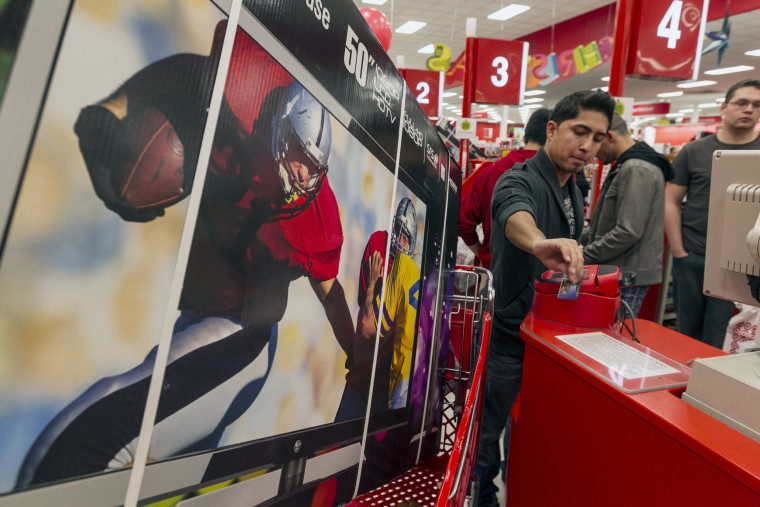Sometimes it's the simple things that people find so confusing. Case in point: overdraft service on debit card transactions.
A new study from the Pew Charitable Trusts finds that many Americans with debit cards tied to their checking accounts are confused about how these programs work and are unhappy when they get hit with an unexpected overdraft fee.
"Checking accounts are the most widely used financial product in the country, yet many consumers are still concerned and puzzled by bank overdraft practices," said Susan Weinstock, who directs Pew's Consumer Banking Project. "Overdraft protections shouldn't be a guessing game."
Pew's survey found that 52 percent of those who paid a debit card overdraft penalty fee in the last year did not recall signing up for this service and were not aware that a fee was involved. This result is statistically unchanged from a similar survey in 2012.
The just-released survey of 1,800 bank customers conducted in December 2013 also found that:
- 10 percent paid at least one debit card overdraft penalty last year, down from 12 percent in 2012.
- The median overdraft fee was $35.
- Some banks charge an extended fee if the overdraft is not paid within a few days. At the nation's 20 largest banks, that fee was $20.
- Most transactions that caused an overdraft were small: 63 percent were for $50 or less.
- Most customers (84 percent) said they were not warned by their bank or credit union before completing the transaction that it would overdraw their account and trigger a fee.
Banks are required to get written approval from their customers in order to provide overdraft protection for debit card transactions. The federal rule requiring this "opt in" went into effect in 2010.
At a news conference, Weinstock said the disclosure form that is often used is "very confusing" and needs some work. It was designed by the Federal Reserve. She said those who overdraw are "still befuddled" by the federal rule requiring overdraft opt in.
Those who do not agree to the overdraft protection and don't have enough money in their checking account will have a store purchase declined at the register or a cash withdrawal denied at an ATM.
And according to the Pew survey, that's what most people would prefer. A majority (68 percent) said they would rather have a transaction declined than pay a fee of "$35 or so" to have it go through. That's down 7 percentage points for 2012.
It's no surprise that bank customers don't like overdraft fees. Pew found that 28 percent of those surveyed said they responded to an overdraft penalty by closing a checking account.
Pew urged the Consumer Financial Protection Bureau to improve overdraft protections by requiring banks and credit unions to provide account holders with "clear, comprehensive, and uniform pricing information" for all available overdraft options. The report also calls on the agency to make overdraft penalty fees "reasonable and proportional" to the bank's costs in covering the overdraft.
The American Bankers Association doesn't see what all the fuss is about. In a statement to CNBC, the association's senior vice president, Nessa Feddis, said:
"Overdraft protection is a matter of informed consumer choice, and those who choose to use it understand and value it. Consumers who opt in for debit card overdraft protection know the fees and can opt out at any time. By law, they receive multiple disclosures, including a simple one-page notice before signing up for the service, written confirmation of that choice, reminders each time they use the service and, on their statements, a total of fees paid each month and year to date."
The Consumer Financial Protection Bureau has information about overdraft fees and tips on how to prevent them on its website.
